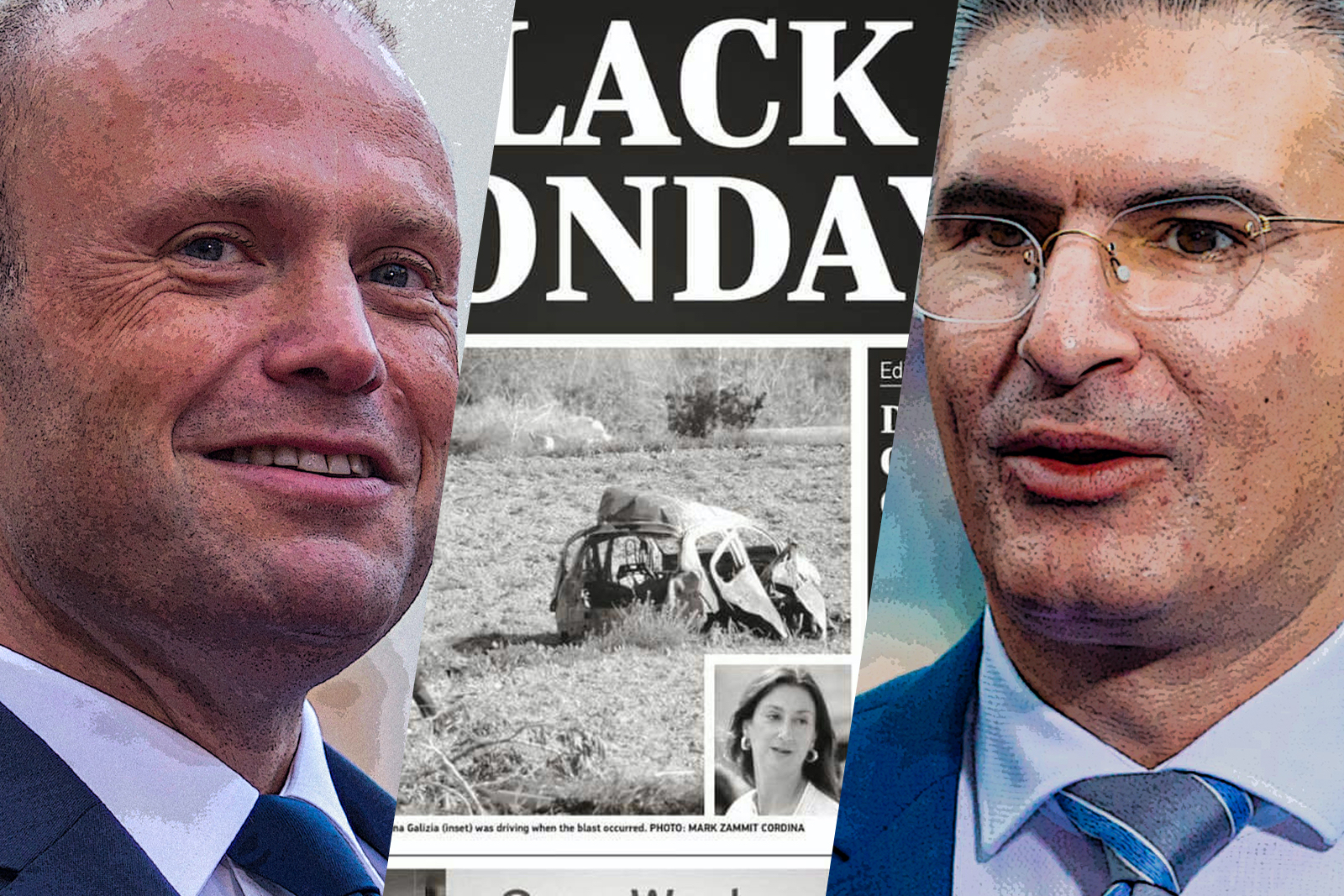
Something Rotten in the State of Malta
Known as a popular tourist destination, Malta tends to fly under the radar on the wider geopolitical scene. However, after the annus horribilis that was 2021, the tiny EU member state is fast acquiring a reputation that may prove difficult to shake.
Rather than remaining an economic and political backwater, notoriety beckons after a series of national scandals that have forced Malta into a tailspin with seemingly no end in sight.
Malta’s myriad of problems start at the very top.
The past year bore witness to a slew of ministerial scandals ranging from the rampant misuse of public funds to Carmelo Abela, Minister of Home Affairs, implicated in a failed HSBC bank heist. Despite drawing criticism at home, the recent UK Parliamentary second jobs controversy pales in comparison with Malta’s corrupted political system, heavily influenced by a small pool of wealthy families.
There is perhaps no better example than the unnervingly close relationship between Justice Minister Edward Zammit Lewis and Yorgen Fenech- a businessman whose family owns half of Malta’s brick-and-mortar casinos and has been implicated in the murder of journalist Daphne Caruana Galizia.
A dark cloud has hung over Malta since Galizia, a Maltese investigative journalist, was murdered in a car bomb explosion in 2017. A tough critic of the government, Galizia had published allegations linking then-Prime Minister Joseph Muscat to the Panama Papers scandal shortly before her death. That the ensuing public inquiry concluded this year that “the [Maltese] State has to shoulder responsibility” was shocking and depressing in equal measure, but the consequent lack of action should worry us even more.
Prime Minister Robert Abela’s government has failed to commit to the implementation of the public inquiry board’s recommendations despite press freedom groups ramping up pressure on the beleaguered state. Last year’s Reporters Without Borders Press Freedom Index placed Malta at 81, below the likes of Kyrgyzstan and Hong Kong. The inquiry’s findings further entrench Malta as a laggard in press freedom so that position is likely to drop even further in 2022.
Abela certainly has his hands full.
Last summer, Malta became the first EU member state to be placed on the Financial Action Task Force’s ‘grey list’ of countries lacking basic financial safeguards. The offending issues, including money laundering and other various financial crimes, have long plagued Malta and are particularly rife in its gambling sector.
Representing almost a tenth of the national economy, gambling is Malta’s economic lifeblood. Many international gambling firms have chosen to make Malta their home- lured in by low taxes, accommodating regulators and laws allowing companies registered there to offer online games to customers anywhere in the world.
The government’s desperation to maintain Malta’s status as a gambling hub has allowed corruption to seep into the industry and spread throughout the island. From June to October, a total of 45 financial services companies canceled their licenses to operate in Malta including Citco, a trillion-dollar hedge fund administrator. With more packing up shop since, Malta’s economy faces slipping into irreversible decline if it cannot get its house in order.
At the soft underbelly of Europe, Malta is beginning to draw unfavourable comparisons with fellow money laundering haven Cyprus. Yet whereas Cyprus continues to tighten its anti-money laundering and counter-terrorist financing standards, including the scrapping of its citizenship-by-investment programme, Maltese heads remain buried in the sand.
The government has defended its “golden passports” scheme for wealthy foreigners, described by the EU as risking “importing criminals and money laundering into the whole EU.” Built on dirty money, Malta’s foundations are beginning to creak.
Of the stack of varying issues that have come to the fore this past year, it is the subsequent inaction that binds them together. There appears to be a lack of accountability at the pinnacle of Maltese politics and the tangible impacts of this uncomfortable reality are now setting in. Ranked low on global press freedom indexes and high on money laundering/terrorist financing lists, Malta is keeping company with those not befitting of a supposedly progressive Western nation.
A glance at last year’s opinion polls suggests the upcoming general election– which must take place before September- will see a repeat of the previous two elections in which Abela’s Labour Party emerged victorious. However, any lead over the opposition is by no means a given if foreign businesses continue to leave in droves and the government continues to dodge accountability- be it for the misuse of public funds or the assassination of journalists.
If the government decides to sit back and let these issues blow over, the people of Malta may head to the polls with a desire for change and vote for an administration that can right wrongs. Be it in London, Brussels, or Valletta, political complacency can be fatal.

